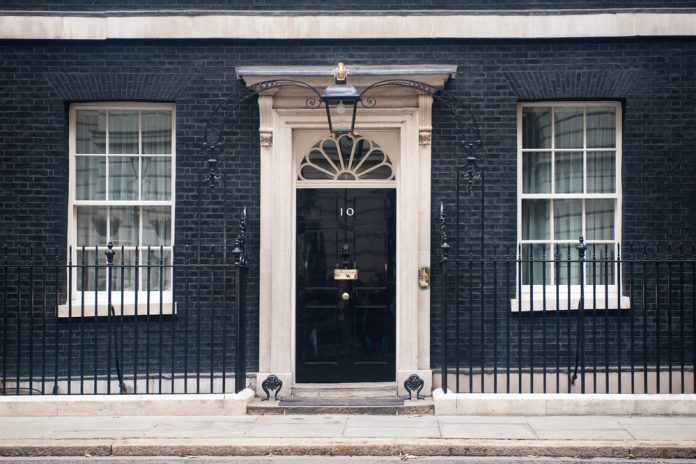Prime Minister Theresa May is set to host a summit with the Polish Government on Monday, in a bid to strengthen diplomatic ties amid ensuing Brexit negotiations.
The Polish prime minister Beata Szydło is set to visit Downing Street with six other cabinet officials to discuss major concerns relating to Brexit and matters of security. Theresa May will be looking to commence the prospective strengthening of individual relations with the European bloc nations as the triggering of Article 50 looms, and the UK attempts to carve out its new world role.
“I am determined that Brexit will not weaken our relationship with Poland, rather it will serve as a catalyst to strengthen it,” May said. “That’s why I am hosting the first ever summit of this kind between our countries today.
“Today’s meeting puts beyond doubt the common ground we share, the importance we attach to our bilateral relationship and the benefits it brings. We share a clear commitment to take our cooperation to the next level and to firmly establish the UK and Poland as resolute and strategic allies in Europe.”
Theresa May is set to meet the Polish premier for a formal business lunch to discuss these issues and the prospect of further collaboration. In addition other prominent members of the cabinet including the chancellor, Philip Hammond, foreign secretary, Boris Johnson, and defence secretary, Michael Fallon, will meet with corresponding ministers at Lancaster house today.
Prior to the meeting, the Polish prime minister wrote in a piece for the Daily Telegraph: “Warsaw will certainly be one of the capitals which will participate in Brexit negotiations in a constructive and down-to-earth manner.”
But Szydło continued: “Poland will be a constructive partner in this process, as we have been in the past – but the initiative for determining British ambitions and expectations as to the future level of cooperation with the EU has to come from London.”
A key concern that Ms. Szydlo will be keen to address is the status of the approximate 980,000 Polish citizens currently residing in the UK and similarly that of the 34,500 UK citizens in Poland, as negotiations to leave the UK look to jeopardize freedom of movement for both parties. Theresa May is expected to emphasize that all current polish residents in the UK will remain welcome in spite of the continued uncertainty over border and migration controls, following the triggering of Article 50.
In addition, both nations are set to discuss security and defence matters with the aim of securing greater multi-lateral cooperation. Poland will be keen to acquire the UK’s reassurance over their continued commitment to the NATO alliance, as it looks to gain assistance in resisting Russian aggression in Eastern Europe. May is set to provide further detail on how she intends to ensure this, with an expected clarification over plans for the recurring deployment of a further 150 troops from the Light Dragoons regiment to Poland, from April of the following year. Fresh international concerns over the future of NATO have already been raised following the surprise election of Donald Trump in the US, who has remained openly critical of the alliance. In May, the President-elect tweeted the following:
My statement on NATO being obsolete and disproportionately too expensive (and unfair) for the U.S. are now, finally, receiving plaudits!
— Donald J. Trump (@realDonaldTrump) 27 March 2016
The move to strengthen diplomatic relations with Eastern Europe follows concerns over the rise in xenophobic sentiments towards Europeans that occurred following the June vote to leave. The Polish and Social Cultural Association (POSK) in Hammersmith in London was vandalized with the words “go home” in the wake of the June referendum result, prompting unease for polish citizens residing in the UK.
The summit is of an unprecedented nature for Polish ministers and UK government officials, and is an indicator of how Mrs. May will push to ensure that the UK retains close ties with its former European partnering nations.

